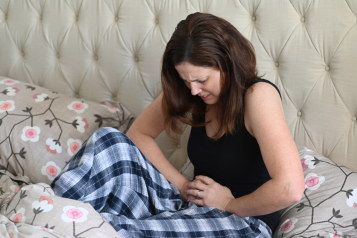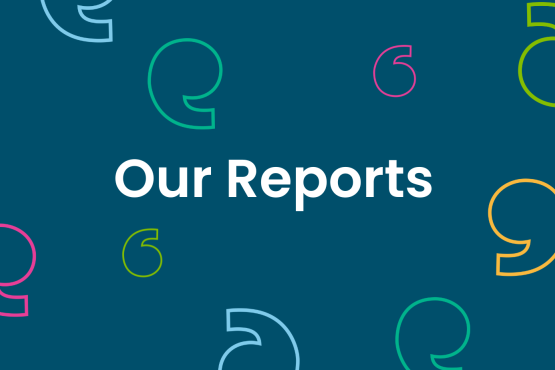HAPI zones would address health inequality

A new analysis by the Institute for Public Policy Research found areas with higher sickness rates are associated with lower productivity, high poverty and more economic inactivity.
It proposes new health and prosperity improvement (HAPI) zones, that ‘would serve as an innovative response to growing poverty and ill-health’.
The figures show 7.5 per cent of people in Barnsley reported bad or very bad health as of the 2021 Census.
Meanwhile, 25.2 per cent of all 152,195 adults in the workforce in the area were economically inactive during the same period.
This meant Barnsley was ranked joint 271st for health and economic activity out of 330 local authorities, along with Rotherham.
The IPPR said its analysis shows people living in the most deprived areas are nearly one and a half times more likely to experience economic inactivity and are twice as likely to be in poor health than those in the least deprived authorities.
People living in these areas are also more likely to experience worse levels of productivity, material deprivation, child poverty, unemployment, and household income.
Professor Donna Hall CBE, IPPR commissioner, said: “People working within local government and health services are trapped by a lack of resources, support and agency to serve their local population.
“People feel unheard and their health is suffering.
“The new HAPI zones would serve as an innovative response to growing poverty and ill-health, put power into the hands of local leaders and ignite local ownership over the future of public health.”
To read this article on its original source, visit Barnsley Chronicle



